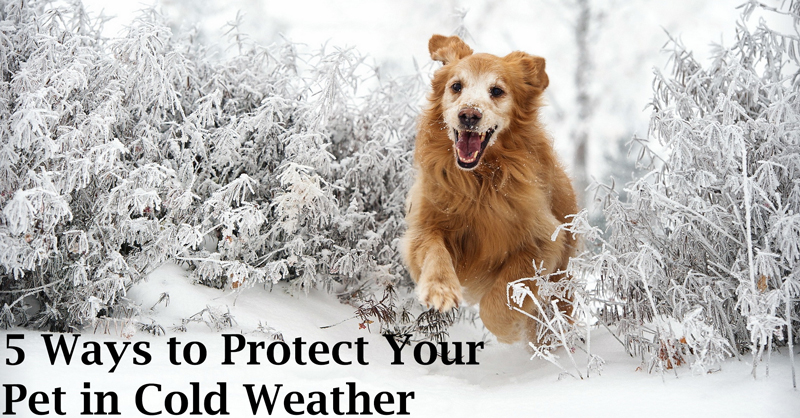When did your pet get his last wellness check? It may have been a while; it’s easy to let well-vet visits and annual check-ups get lost in the daily shuffle when your pet is happy and healthy. Though your pet seems healthy, it is important to attend to routine vaccinations and check-ups. August is National Immunization Awareness Month, so as you get your own health in check, take time to swing by the vet; this will ensure you and your pet have a healthy year.
Why Are Annual Vaccines Necessary?
Vaccines are used in human and pet medicine to strengthen a patient’s immune system against dangerous and deadly diseases. In recent years, you may have noticed the number of vaccines your pet needs have increased. The reason is that as veterinary medicine advances, so do the variety of vaccinations that are available to immunize your pet against disease. In other words, if there was a vaccine to immunize against heart worms, wouldn’t you want it?
As for whether or not vaccinations are necessary on a schedule is dependent upon the pet. The recommendation is to update most immunizations annually as the longer a pet goes without a vaccine, the weaker his immune system becomes (some immunizations are needed every few years). Though getting increasingly more vaccines year-after-year seems costly, two consequences of not getting vaccines that are more costly are: your pet becoming seriously ill or losing your pet (in which case, the costs are emotional).
What Vaccines or Boosters do Pets Regularly Need to Get?
Though there are many vaccines available, there are only a handful of core vaccinations. These are considered to have high efficiency. Vaccines include:
- Distemper: Canine distemper is a severe, airborne virus that can cause permanent brain damage in dogs as well as other problems. Feline distemper is also severe and can be fatal.
- Parvovirus (canine): This is a contagious disease and can cause severe vomiting, bloody diarrhea, and death.
- Calicivirus (feline): A contagious upper respiratory condition leading to oral ulcerations, fever, joint pain, and anorexia in felines.
- Rabies: Rabies is fatal to cats and dogs; there is no treatment other than prevention.
- Adenovirus, types 1 and 2 (canine): Type 1 is spread through canine urine and feces and leads to hepatitis, which causes severe liver damage and death. Type 2 is spread via coughs and sneezes.
- Feline Herpesvirus: Herpervirus causes a highly contagious respiratory problem called feline viral rhinotracheitis (FVR).
There are also non-core vaccinations that are highly recommended but that can be administered on a case-by-case basis. Variables for non-core vaccinations include your pet’s health and age and risk of exposure. A few non-core vaccines include those for feline leukemia, bordetella (feline & canine), canine influenza, and lyme disease (canine).
What if My Pet is Indoors?
A common question when it comes to pet vaccinations is whether or not pets that live exclusively indoors need routine vaccinations. Individual veterinarians may have differing recommendations for the frequency of vaccinations, but the recommendation is still yes. Though indoor pets have less exposure to potentially deadly viruses than outdoor or indoor / outdoor pets, there is always risk be it from your pet getting outside, to encountering an ill animal, to having an already-compromised immune system.
Consult your veterinarian to determine what vaccines your pet needs and how often. If you haven’t had your annual check-up yet, or if it’s been a while, make an appointment this August and get on the health bandwagon during National Immunization Awareness Month.
Vaccines are one essential way to boost your pet’s immune system. Feeding your pet a diet rich in natural ingredients is another important and easy way to contribute to your pet’s immune health and overall wellness.




